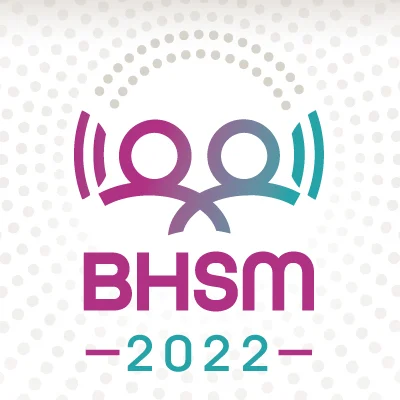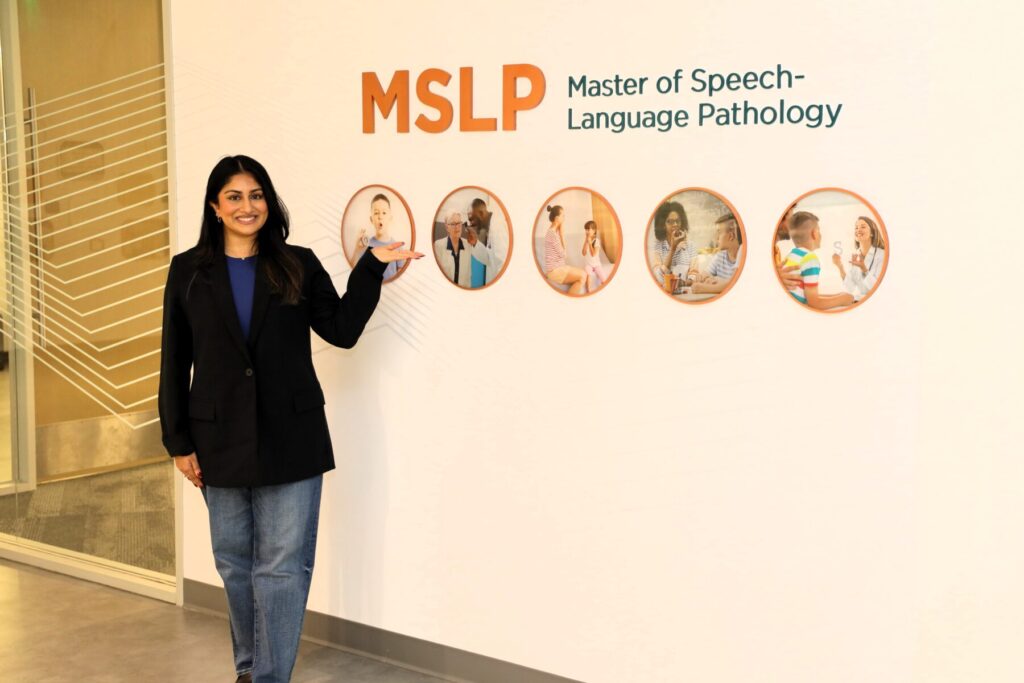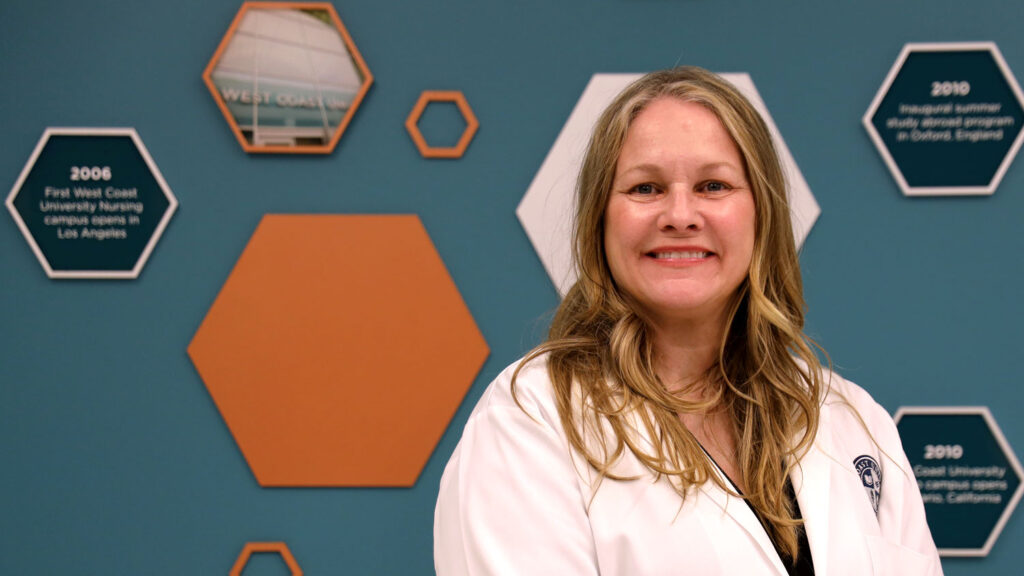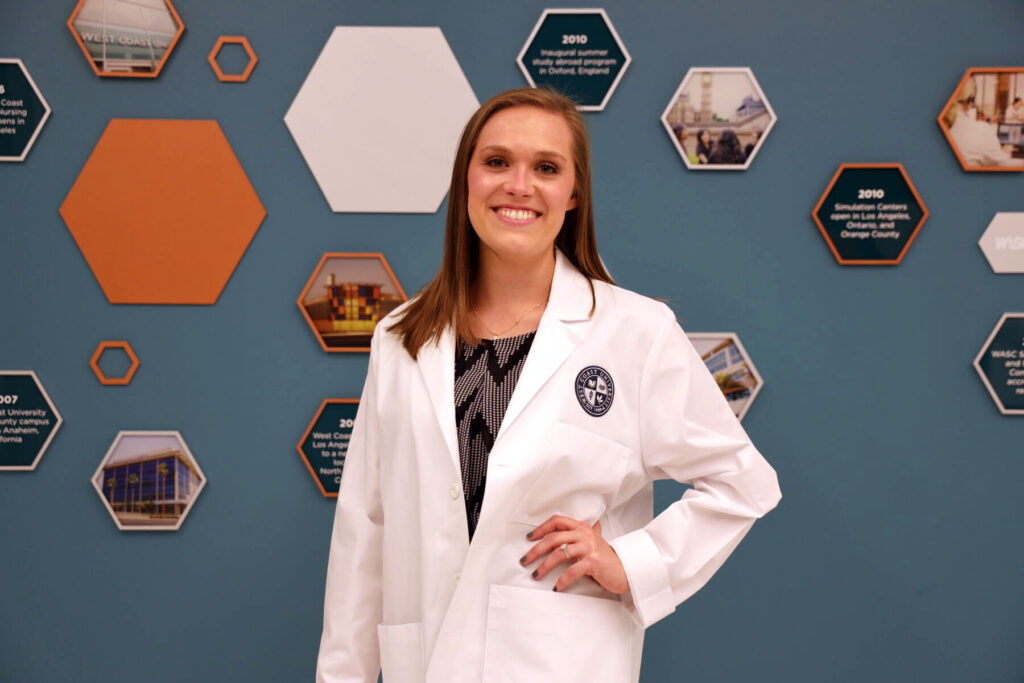May is national Better Hearing and Speech Month (BHSM), and West Coast University’s Speech Language Pathology program is using this year’s observance to encourage individuals to seek an evaluation for a communication or swallowing disorder if they have concerns about themselves, a child, or another loved one. These disorders are common in children as well as in adults — yet many don’t know that they are treatable by speech-language pathologists.
“Speech-language pathologists work with people every day in settings that include schools, private practices, health care facilities, and even their own homes to improve their speech, language, social, and cognitive skills,” Director of Clinical Education Dr. Sharita Williams-Crossen said. Dr. Regina Bush, the MSLP program dean, added that “A person’s communication skills are critical at each stage of life — for young children, as a strong foundation for language and literacy; for school-aged children, as a requirement for academic and social success; and for adults, as a key part of their career and personal relationships.”
Williams-Crossen continued: “Even less well known is the role that speech-language pathologists play in helping people to swallow and eat safely. Again, problems in these areas can occur across the age span, but at any stage, safe swallowing and eating are essential to a person’s health and quality of life.”
Communication and swallowing disorders may occur for a variety of reasons. In children, this may be due to low birth weight, congenital syndromes, developmental disorders, and injuries or illnesses. In adults, they are common in those who have had a stroke, brain injury, head and neck cancer, and neurodegenerative diseases. Although the specific challenges that people experience can vary significantly, one commonality is that most people can improve with the help of speech-language pathologist.
Here are some specific areas where speech-language pathologists work with students, patients, and clients:
- Speech: People with speech problems may not say sounds clearly or smoothly. This may make it difficult for others to understand them.
- Language: A person with a language disorder may have problems with expressing themselves, understanding others, and reading and/or writing.
- Cognition: This can involve difficulties with attention, memory, problem-solving abilities, organizational skills, and judgment.
- Voice: Hoarseness, breathiness, pain, frequent coughing, and other problems with a person’s voice may result from medical problems or from overuse or misuse (certain professions — like teachers, musicians, and coaches — are at greater risk).
- Augmentative and Alternative Communication: People may need or choose to use other ways to communicate besides talking. These include no- or low-tech and high-tech options such as pointing or gesturing, using picture boards, and using speech-generating devices.
- Feeding and Swallowing: Difficulties may include coughing or gagging during meals, food or liquid leaking from the mouth, or food getting stuck in the mouth or throat. These difficulties may occur due to preterm birth, developmental disabilities, medical conditions, and illness and injury.
- Gender-Affirming Voice and Communication: This area may focus on pitch, tone, vocal health, nonverbal communication, and more.
- Communication Coaching: Some SLPs help with public speaking and communication style, which may include learning another accent.
Individuals who are interested in becoming a Speech Language Pathologist may contact our website. More information about speech, language, and swallowing disorders is available at asha.org.
WCU provides career guidance and assistance but cannot guarantee employment. The views and opinions expressed are those of the individuals and do not necessarily reflect the beliefs or position of the school or of any instructor or student.



